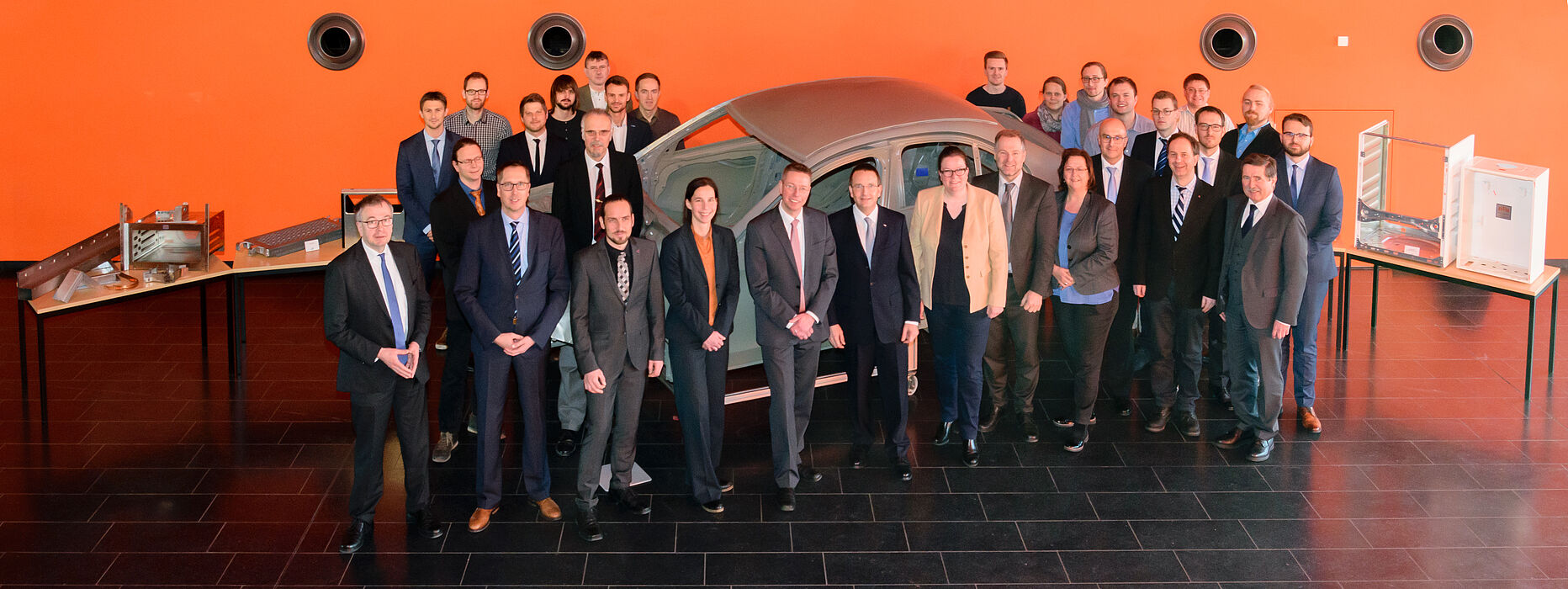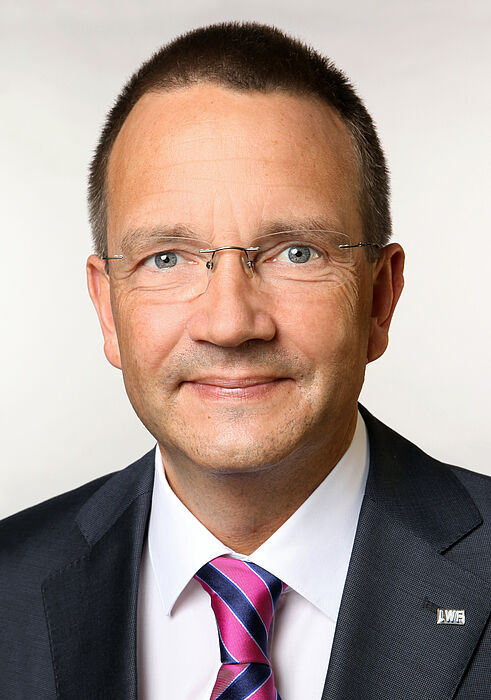At the University of Paderborn, a new Collaborative Research Centre/Transregio (SFB/TRR) has been established in the field of product manufacturing with "Method development for mechanical joining in versatile process chains". The German Research Foundation (DFG) today announced funding of approximately 10 million euros from July this year until mid 2023. The research program, which is coordinated by the University of Paderborn, is designed together with the Technical University of Dresden and the Friedrich-Alexander University of Erlangen-Nuremberg (FAU) as a cross-location Transregio Initiative TRR 285. The aim of the project is to adapt joinability - as the key to efficient production processes - to the increasing variety of products through different materials and construction methods. The lightweight construction of moving masses plays a central role in this. The optimisation of the economic series production of products with many variants will ultimately also strengthen Germany's role as a development and production location.
In a total of 16 subprojects, the scientists are investigating methods for adaptability in the fields of materials, design and production, as well as for forecasting and designing the joining process. "In the long term, this should provide a flexible, transferable design methodology that can be applied across industries and accurately forecast the properties and requirements of new joining tasks in advance," explains Prof. Dr.-Ing. Gerson Meschut, who heads the Laboratory for Materials and Joining Technology (LWF) and is also spokesman of the SFB/Transregional Collaborative Research Centre. In addition, the University of Paderborn's specialist groups for applied mechanics, materials science, lightweight construction in automobiles and forming and machining production technology are also involved.
"The SFB is intended to investigate the interactions between preceding manufacturing steps and the load-bearing capacity of the joint, in order to build on this to create the foundations for achieving the adaptability of mechanical joining," Meschut continues.
The main focus of the Paderborn researchers is the field of lightweight construction joints in hybrid systems, which mean energy and cost savings for manufacturing companies.
The development of methods for joining and, based on this, the achievement of adaptability are interdisciplinary tasks that cannot be solved by the joining technology institutes alone. "The research objective of predicting and achieving the adaptability of mechanical joining processes can only be achieved in a long-term, cross-location network of the required specialist disciplines," says Meschut.
The press release of the university is available under the following link: https://www.uni-paderborn.de/nachricht/90175/


